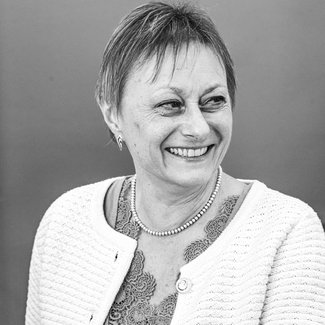In recent decades, secondary schools in England have been subject to successive rounds of reform. The most recent reforms introduced new GCSE qualifications and new accountability measures that have reinforced the heavy emphasis on traditional academic subjects and knowledge in the school curriculum. Drawing on data from an ESRC-funded study, Young Lives, Young Futures, this report highlights and discusses the educational experiences of young people across England, including the potential impact of these reforms on young people’s lives.
The data upon which the report draws comprise a nationally representative survey of over 10,000 15-16 year old young people conducted in the summer of 2021 and qualitative interviews with over 100 young people aged 15-18 carried out between 2020 and 2022.
Key findings from the report include the following:
- For nearly 1 in 2 young people aged 15-16, secondary school is not an enjoyable or meaningful experience, but is rather something they feel they need to ‘get through’ because of its bearing on their futures.
- Many secondary schools have adopted teaching methods that many young people experience as alienating and stressful, particularly those with creative and practical interests and those who have special educational needs and disabilities (SEND).
- Many young people feel unsupported by their teachers at school. This is most common among young people with SEND or from backgrounds of socioeconomic disadvantage. These are groups of young people who often require more support at school. Yet pressure on teachers to get students through exams, in a context of cuts to school budgets, is limiting the pastoral and additional educational support these young people can access.
- Young people from low-income and minority ethnic backgrounds, those who identify as LGBT and/or nonbinary, young people with SEND and those who report lower levels of mental health and wellbeing are less likely to feel noticed or listened to by their teachers and are less likely to feel that their schools respect and value diversity.
- 45% of young people identifying with minority sexuality categories and 39% of those identifying as trans reported unfair treatment or bullying by peers based on their sexual orientation and trans status respectively.
- Almost one in every four young people reported being treated unfairly by their peers because of their size or style (including how they look).
- Young people who had left mainstream school for alternative education provision or vocational education and training were mostly thriving in these different educational settings, often for the first time. In these settings, young people described having more meaningful and supportive relationships with teachers and a feeling of greater autonomy and choice over what and how they learned.
In conclusion, the authors call for new approaches to the design of school curricula and accountability processes that are based on a broader conception of the purposes of - and what it means to be successful in - education. They also underline the pressing need for more resources and time for teachers to develop meaningful and supportive relationships with their students, rooted in whole school practices that help tackle, rather than side-line, the social and cultural injustices that can make schools such alienating places for so many young people.



